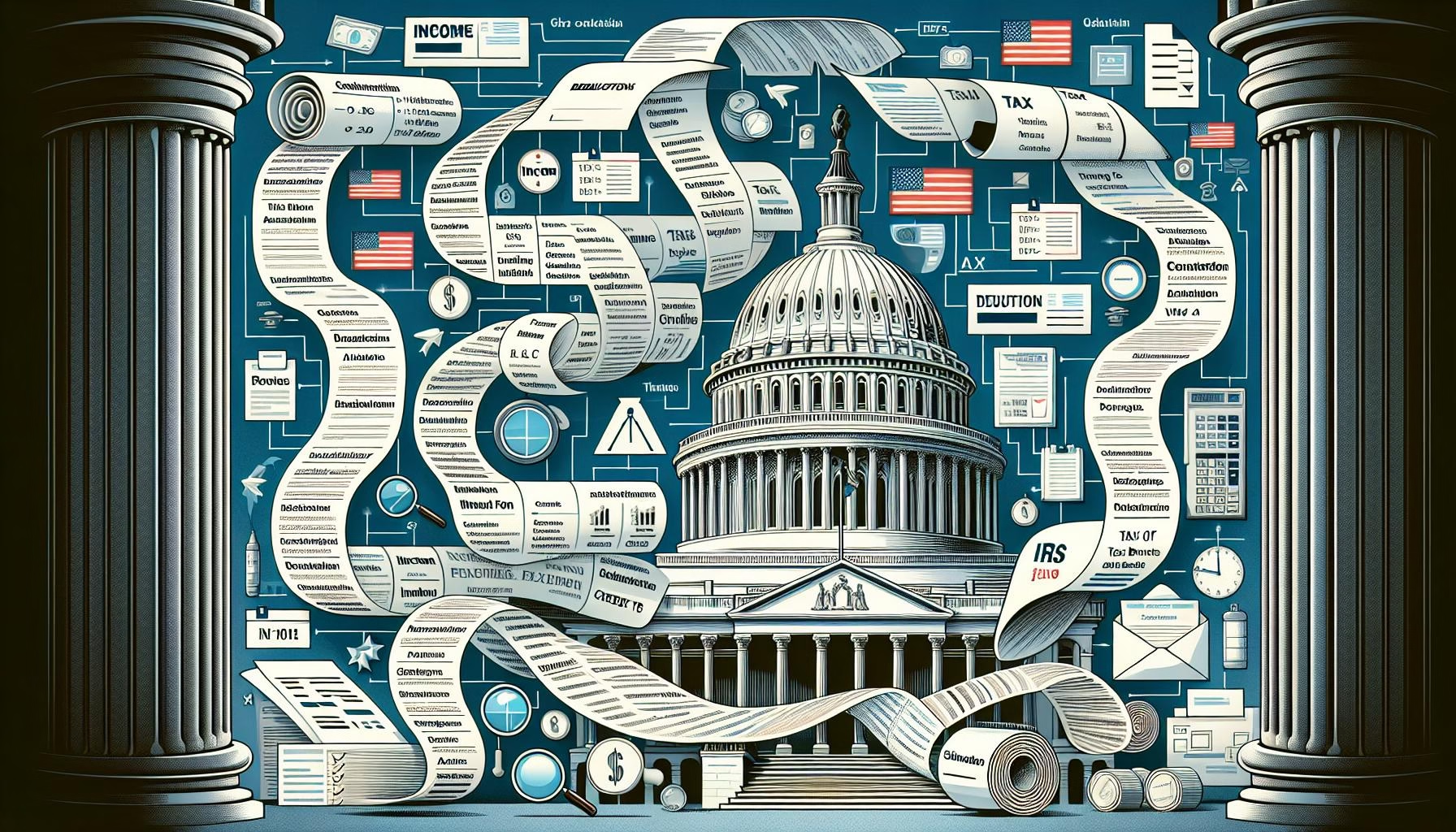The US tax code is a complex and ever-changing system, but it plays a huge role in your everyday financial life. Whether you’re earning your first paycheck, buying a home, or saving for retirement, how much money you keep often depends on what the tax code says. Understanding even the basics can help you make smarter decisions—and maybe even save more money each year.
If the term “tax code” makes you yawn or run for the hills, don’t worry. We’re breaking it down in a clear, simple way that makes sense—no confusing tax jargon here. Here’s how the US tax system touches almost every part of your financial life.
1. Your Income Is Taxed Differently Depending on How You Earn It
When it comes to income, not all dollars are treated the same. The US tax code separates income into categories like “earned” and “unearned.” What does this mean for your wallet?
- Earned income: This includes wages, salaries, tips—basically the money you earn from working.
- Unearned income: This includes investments like dividends, interest, capital gains, and rental income.
Each type of income may be taxed at different rates. For instance, long-term capital gains (profits made from selling investments you’ve owned for more than a year) are usually taxed at lower rates than your regular paycheck. That means how you earn your money could dramatically affect your tax bill.
2. Tax Brackets Decide How Much You Owe
The US uses a progressive tax system. Sounds complicated? Don’t worry—it just means that as you earn more, the rate you’re taxed increases in steps, called tax brackets.
For example, if your income moves into a higher tax bracket, only the portion of income in that bracket gets taxed at the higher rate, not your entire income. It’s a common misunderstanding that moving into a higher bracket ruins your paycheck—but that’s not how it works.
3. Tax Credits and Deductions Can Shrink Your Bill
Who doesn’t love saving money? Tax credits and deductions can do just that:
- Deductions reduce how much of your income is taxable.
- Credits directly lower the amount of tax you owe, dollar for dollar.
Think of deductions like getting a discount before you pay. For example, if you deduct $5,000 from your taxable income, you’re only taxed on the remaining income. Credits are even better—imagine getting a coupon that chops $2,000 right off your tax bill.
Popular credits include the Child Tax Credit and the Earned Income Tax Credit (EITC). If you qualify for these, they can put hundreds or even thousands back in your pocket.
4. Retirement Savings Offer Tax Benefits
Want to save for the future and also pay less in taxes now? The government rewards people who save for retirement by offering tax breaks. Here are two common retirement accounts with tax benefits:
- 401(k) plans and Traditional IRAs: Contributions are often tax-deductible, reducing your taxable income now. However, you’ll pay taxes when you withdraw the money in retirement.
- Roth IRAs: You pay taxes now, but your withdrawals in retirement are tax-free—sweet deal if you expect to be in a higher tax bracket when you retire.
This is a smart strategy if you’re planning ahead. Think of it as choosing when you want to pay taxes—now or later. For more about how retirement accounts work, check out our guide on saving for retirement.
5. Homeownership Comes With Tax Perks
If you’re thinking about buying a home, you’ll be happy to hear it comes with more than just a place to live—you also get some potential tax savings.
Homeowners can deduct part of the interest they pay on mortgages, and sometimes even local and state property taxes. This means owning a home might reduce your taxable income, making it a savvy financial move if you’re ready for it.
That said, the tax laws change often. Currently, there’s a cap on how much state and local taxes (SALT) you can deduct—$10,000 as of now. So be sure to review your tax plan annually or consult a tax advisor.
6. Tax Rules Influence Business Decisions
If you’re a small business owner or self-employed, the tax code becomes even more important. Why? Because business income, deductions, and expenses all affect what you owe Uncle Sam.
Self-employed individuals can deduct legitimate business expenses like:
- Home office costs
- Travel and meals related to work
- Office supplies and equipment
- Health insurance premiums
There’s also a special 20% deduction for certain types of business income under the Qualified Business Income (QBI) provision. This can lead to big savings—but the rules are specific, so you’ll want to review them carefully.
7. Tax Policy Drives Economic Behavior
Believe it or not, the way the tax code is written influences how people spend, save, and invest money. That’s no accident—it’s by design. The government uses tax incentives to guide certain behaviors:
- Want more people to buy homes? Offer mortgage interest deductions.
- Want people to give to charity? Make those donations tax-deductible.
- Want businesses to hire more workers? Offer tax breaks for job creation.
These policies can affect everything from how you spend your money to whether you decide to start your own business or hire staff. In a way, taxes do more than fund public services—they help shape the economy.
Final Thoughts: Mastering the Tax Code Pays Off
Now that you’ve seen how many ways the US tax code can impact your financial life, it’s clear why understanding it—even just the basics—can make a big difference. Whether you’re filing taxes, saving for the future, or thinking about buying a home, knowing how the tax system works helps you make more informed choices.
Think of it this way—why leave money on the table? With just a little knowledge, you could end up saving more, investing smarter, and building a better financial future.
Want to learn more? Check out the full resource from Investopedia on Understanding the US Tax Code.
And don’t forget to keep learning—our personal finance blog is full of helpful tips on budgeting, investing, and money management.

